- Category
- World
Russia’s “Merchant of Death” Viktor Bout Is Back in the Arms Business
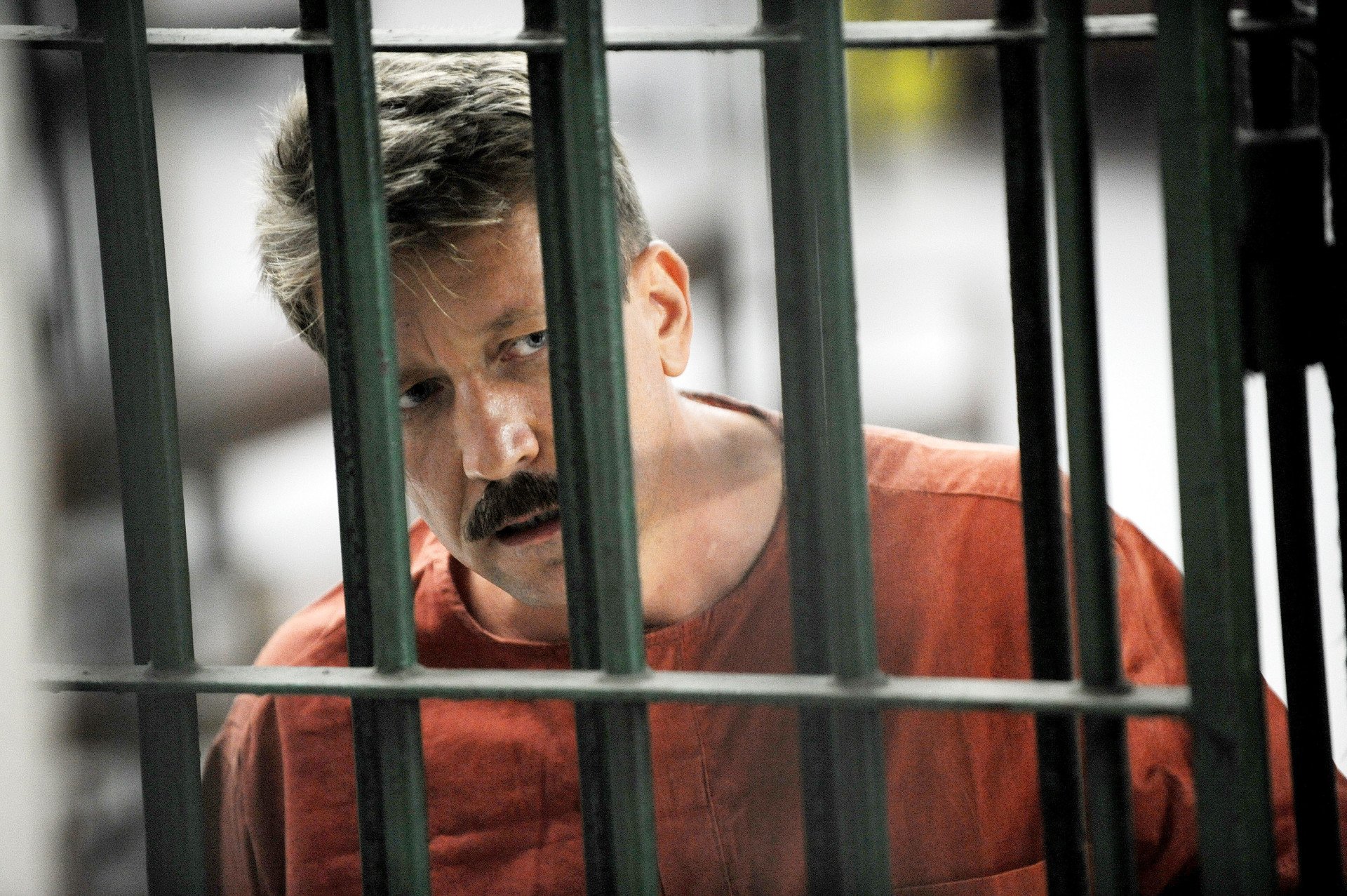
Viktor Bout, known as the “Merchant of Death,” spent decades fueling global conflicts with Soviet-made weapons, making him one of the most prolific international arms dealers. After serving a lengthy prison term, he’s been released—and now the Russian war profiteer is back in business. But who is Bout, and what about his murky past gave him this notorious title?
This week, the Wall Street Journal reported that Bout is back in action “trying to broker the sale of small arms to Yemen’s Iran-backed Houthi militants,” just two years after being released from U.S. prison in a prisoner exchange.
Bout was so well-known for his criminal dealings and larger-than-life persona, that a crime drama—“Lord of War”—loosely based on his life was featuring the Hollywood star Nicolas Cage titling him the "Lord of War" and “Merchant of Death”.
"Viktor Bout, in my eyes, is one of the most dangerous men on the face of the Earth," said Michael Braun, the former chief of operations for the U.S. Drug Enforcement Administration, in an interview with "60 Minutes".
“Bout became the inspiration behind the Nicholas Cage character in the movie, ‘Lord of War.’”
— 60 Minutes (@60Minutes) December 8, 2022
Here's more from 60 Minutes' 2010 report on Viktor Bout. https://t.co/qPbk3fnN4Ppic.twitter.com/q1i5v5tgth
“Viktor Bout has not been in the transportation business for over 20 years,” Steve Zissou, a lawyer who represented Bout in the U.S. told WSJ. “But if the Russian government authorized him to facilitate the transfer of arms to one of America’s adversaries, it would be no different than the U.S. government sending arms and weapons of mass destruction to one of Russia’s adversaries as it has sent to Ukraine.”
How did Viktor Bout build his empire?
Bout was born in Soviet Tajikistan and was the son of a bookkeeper. Playing competitive volleyball as a young boy he traveled around the Soviet Union. At 18 years old, he was conscripted into the Soviet Army and spent two years with an infantry brigade in Western Ukraine. Thereafter he studied Portuguese in the Military Institute of Foreign Languages, in Moscow.
Bout’s website suggests that he spent some time with the Soviet army working as a translator in Angola in the late 1980s, rising to the rank of lieutenant.
The New Yorker investigated Bout and interviewed those in connection to his arms dealings. Stephen Blank, an expert on the Soviet and Russian military at the Army War College, told reporters that the institute was a “breeding ground” for intelligence officers.
Bout insists that he never was a spy, but Peter Mirchev, a Bulgarian arms dealer, former C.I.A. officer, and a Ukrainian organized crime figure, told the New Yorker that “Bout once worked for the Soviets’ foreign-military-intelligence directorate.”
Bout married the former wife of a Soviet military adviser, named Alla Protassova, in Moscow in 1991. That’s when the Soviet Union fell, and criminal gangs and kleptocrats flourished.
Then, at just twenty-eight years old, the young Russian entrepreneur made his debut in the weapons business in 1995. He was language savvy, enabling him to quickly grow an elite and illegal market quickly. In 2014 he told reporters that he could “read fifteen or sixteen languages, go to the market with nine or ten, and fluently speak five or six.”
Bout built his lucrative empire from Sharjah airport, the third-largest city in the United Arab Emirates, a place he described as having “practically no law,” the New Yorker reported.
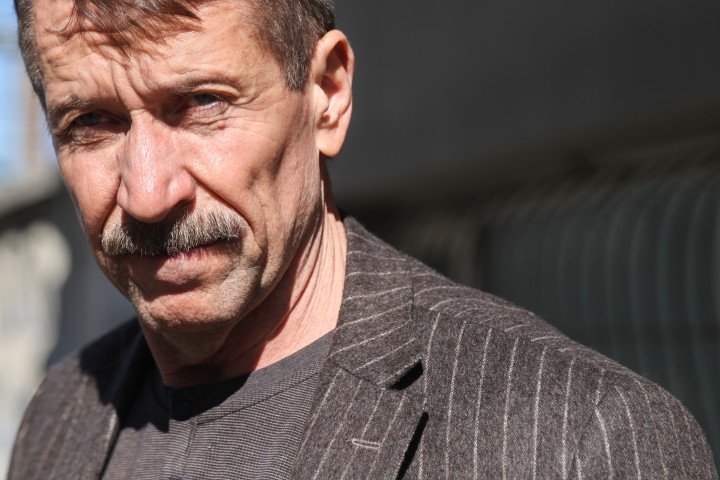
Spending a lot of time at the airport’s cargo hangers, he got to know the pilots and crew eventually forming an air-freight company called Air Cess, which was made up of a small fleet of Russian planes.
Initially, Bout was reportedly shipping expensive furniture, textiles, and electronics to various countries including Afghanistan, where he formed a close relationship with the then-Defense Minister, Ahmed Shah Massoud. Massoud was concerned about the advance of Taliban rebels, so asked Bout whether he could arrange gun shipment.
Bout had already formed a relationship with Mirchev, and there their business began. Mirchev would handle the supply and Bout the transportation. Afghanistan’s weapons contracts were large, “they were faced with war, they needed us badly,” Mirchev told the New Yorker, who then asked him about shipments. “How many tons?” he said. “I never calculated tons. I calculated money. It was huge.”
In the five years following, Bout became one of the world's most prominent arms dealers with a network of more than 30 companies worldwide.
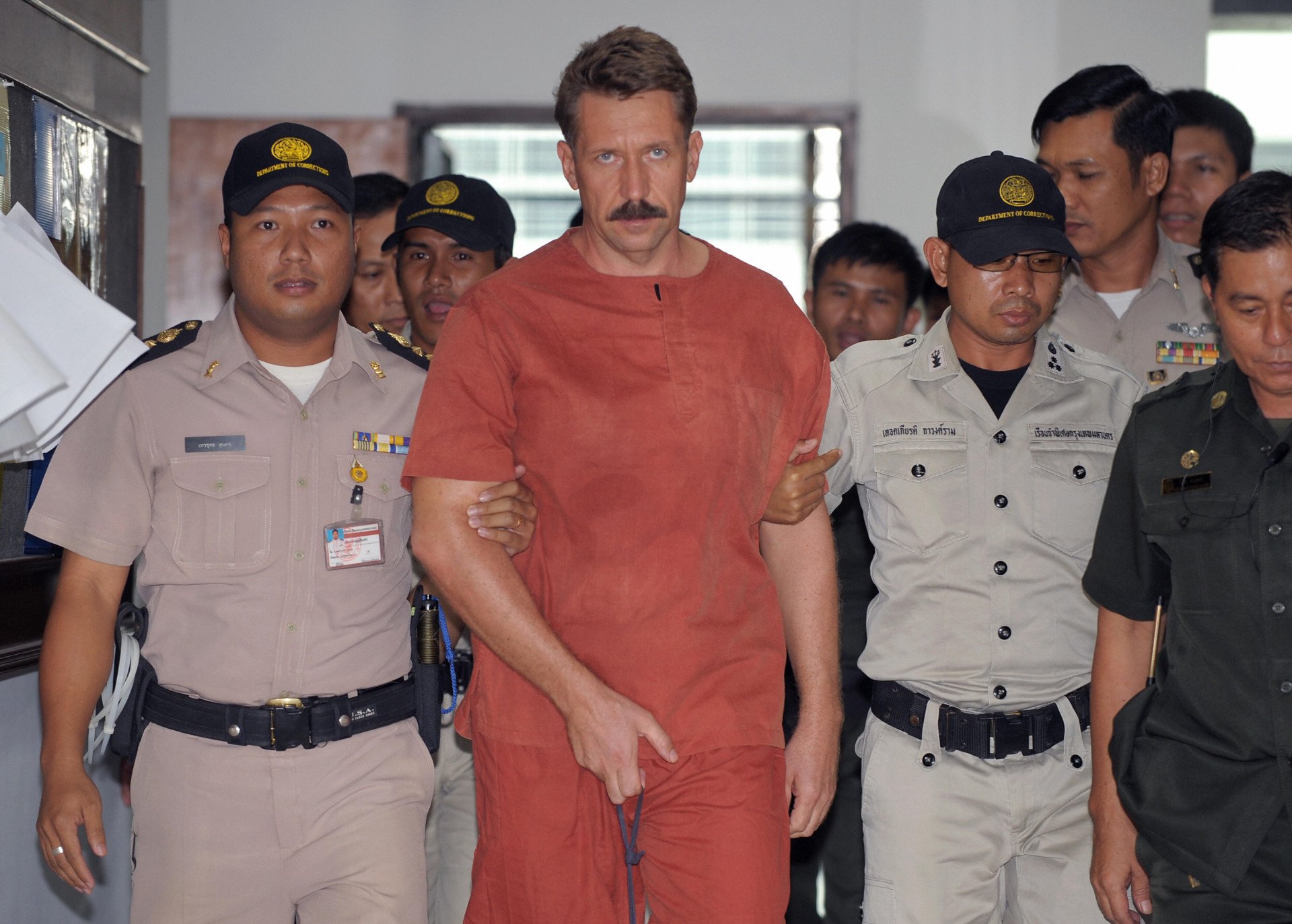
Bout’s arms dealings and short-lived downfall
Bout and Mirchev were transporting arms from Russia, Bulgaria, and Iran embroiling their business in conflicts across Africa.
According to reports, Bout armed the Taliban and the Northern Alliance in Afghanistan, the Revolutionary United Front in Sierra Leone, Charles Taylor’s regime in Liberia, Unita in Angola, various Congolese factions, and Abu Sayyaf, a militant Islamic group in the Philippines.
As a result of his high-profile weapons trafficking, the U.S. Office of Foreign Assets Control within the Department of Treasury placed him on the Specially Designated Nationals list in 2004. It prohibited any transactions between Bout and U.S. nationals and froze any of his assets that were within U.S. jurisdiction.
In 2008, Bout was arrested in Bangkok during a U.S. sting operation in which undercover Drug Enforcement agents posed as rebels from the Colombian group Farc. They caught him on camera trying to sell millions of dollars worth of weapons for use against the U.S.
The list of weapons included; 800 surface-to-air missiles (SAMs), 30,000 AK-47 firearms, 10 million rounds of ammunition, five tons of C-4 plastic explosives, “ultralight” airplanes outfitted with grenade launchers, and unmanned aerial vehicles.
The U.S. Department of Justice (DOJ) stated that during the sting Bout said “We have the same enemy,” referring to the U.S. further stating that he had been “fighting the United States…for 10 to 15 years.”
He was later extradited to the Southern District of New York in November 2010. Then in November 2011, Bout was found guilty of conspiring to sell millions of dollars worth of weapons to the Fuerzas Armadas Revolucionarias de Colombia (FARC)—a designated foreign terrorist organization based in Colombia—to be used to kill Americans in Colombia, announced the DOJ.
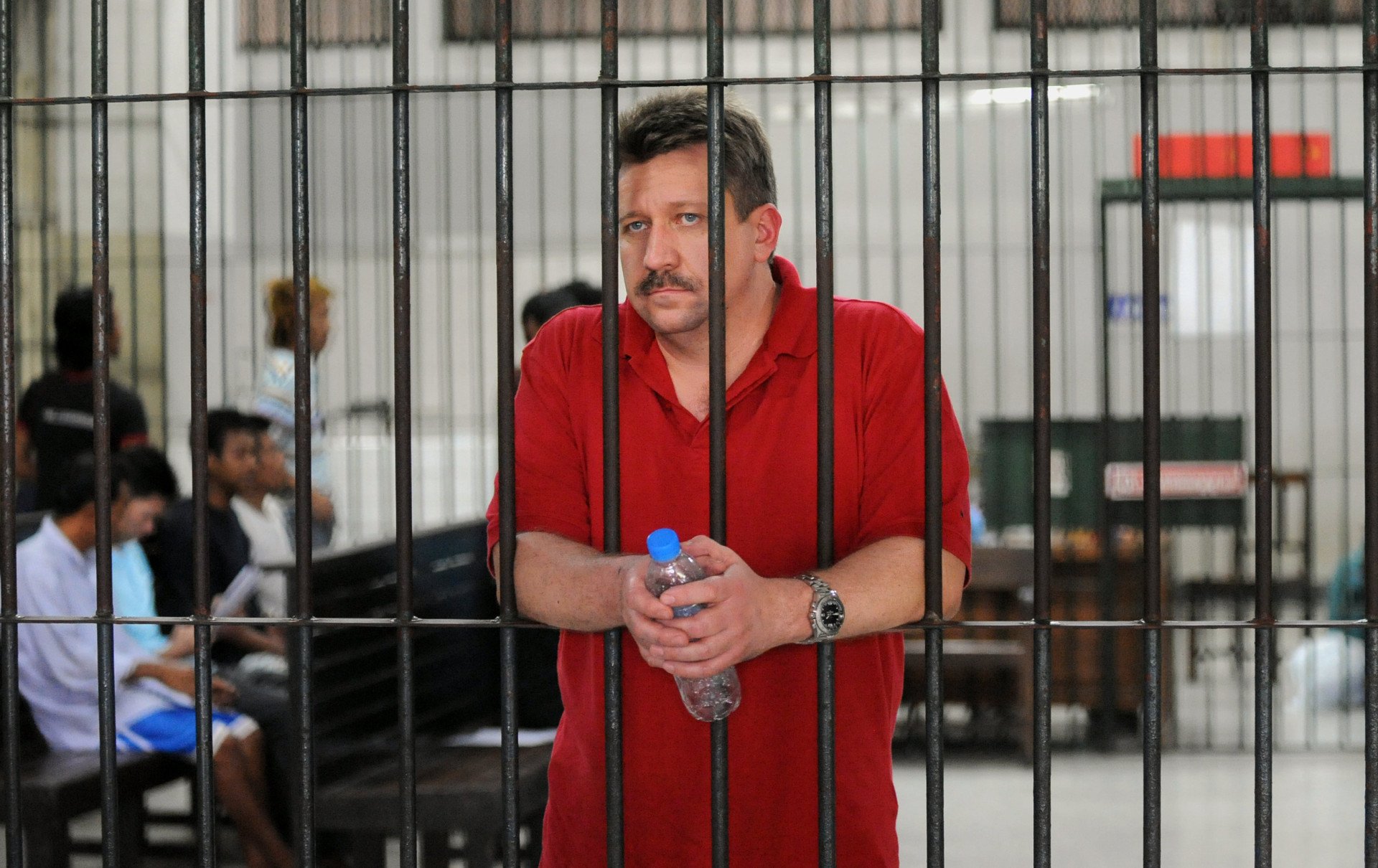
“Viktor Bout’s arms trafficking activity and support of armed conflicts have been a source of concern around the globe for decades,” said Attorney General Eric Holder. “Today, he faces the prospect of life in prison for his efforts to sell millions of dollars worth of weapons to terrorists for use in killing Americans.”
Bout was convicted of conspiring to kill U.S. nationals; conspiring to kill U.S. officers and employees; conspiring to acquire and use anti-aircraft missiles; and conspiring to provide material support to a designated foreign terrorist organization.
In 2012, Bout was sentenced to 25 years imprisonment. At the time of his sentencing, Manhattan U.S. Attorney Preet Bharara said “Viktor Bout has been international arms trafficking enemy number one for many years, arming some of the most violent conflicts around the globe.”
Bout’s connections to the Kremlin
Bout protested his innocence at his sentencing “I am not guilty,” he said through a translator. “I never intended to kill anyone. I never intended to sell any arms to anyone. God knows this is the truth.”
While imprisoned, the Kremlin repeatedly called for Bouts' release.
Moscow Times wrote in a report just a week into his imprisonment stating that “The Russian government has probably never gone to such great lengths to defend a citizen who ran into trouble abroad as it has for arms dealer Viktor Bout.”
Russian Foreign Minister Sergei Lavrov responded by saying he would take up the issue of the Bout case with then-U.S. Secretary of State Hillary Clinton, Moscow Times reported.
"Our goal is to achieve his return to the motherland," the Russian Foreign Ministry spokesman Alexander Lukashevich said in a statement.
Though not clear exactly what his work entailed while working as a lieutenant for the Soviet Army, it could be assumed that the connections he made are what enabled Bout to create his empire. Bout had access to millions of dollars worth of Soviet weaponry, incredibly difficult for a businessman to achieve without friends in high places.
“It’s clear that he had significant ties to Russian government circles,” said Lee Wolosky, a National Security Council official in the Clinton administration who led early efforts to tackle Bout’s network.
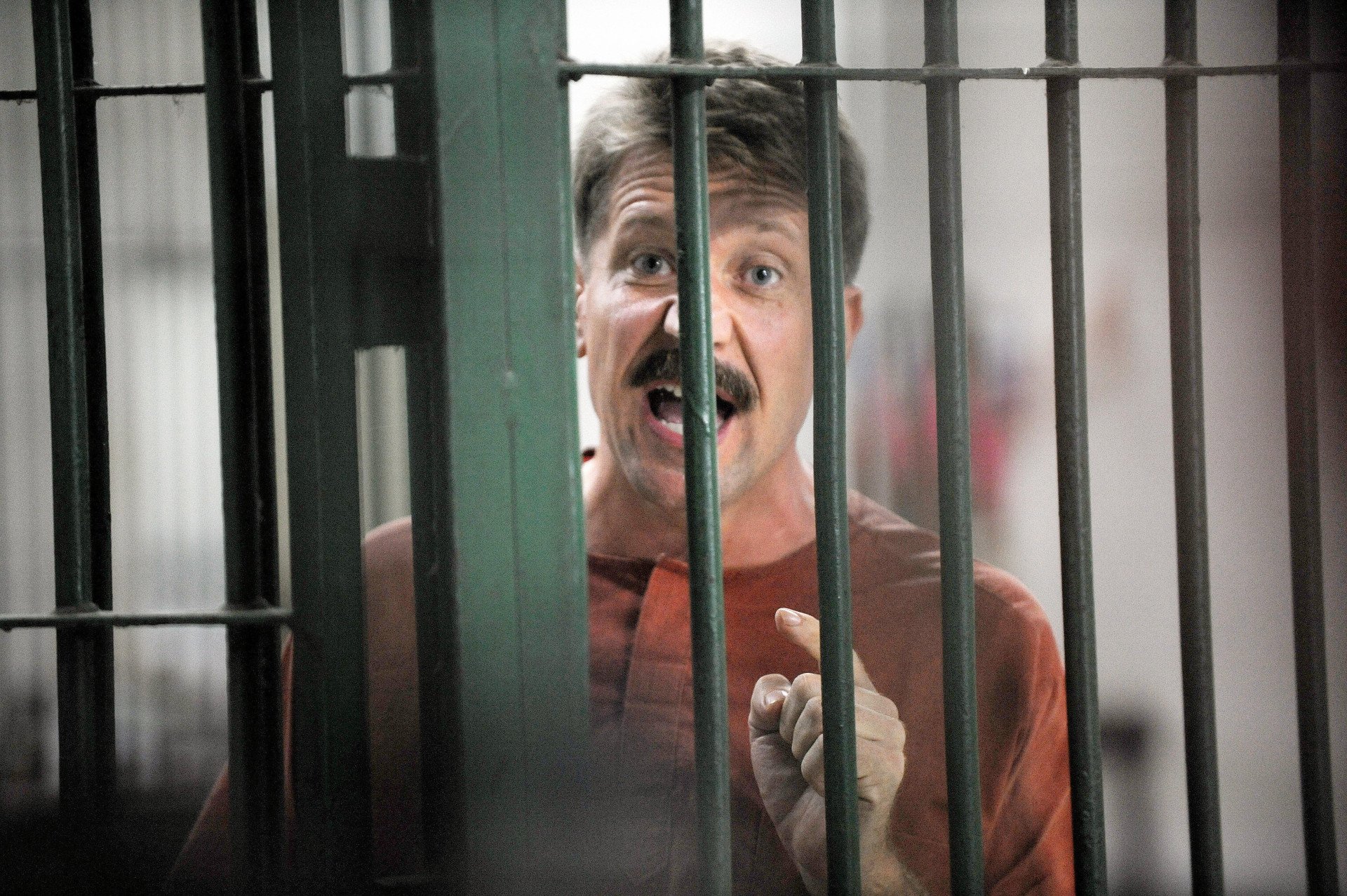
Experts said that Bout could never have operated such a large smuggling business without government protection. “The Russian government is eager to retrieve him so that it stays that way,” said Simon Saradzhyan of Harvard University’s Belfer Center for Science and International Affairs.
Russia continued to fight for Bouts' release during the 10 years that he spent in U.S. prison. In December 2022, Bout was exchanged in a prisoner swap with U.S. basketball star Brittney Griner.
Griner, a two-time Olympic gold medallist was arrested on February 17, 2022, at a Moscow airport when cartridges containing cannabis oil were found in her luggage. She was arrested just days before Russia’s full-scale invasion of Ukraine began, and ties between Washington and Moscow were strained.
Family and supporters were constantly calling the U.S. government to have her released. Then, the U.S. and Russia agreed to swap Griner for Bout.
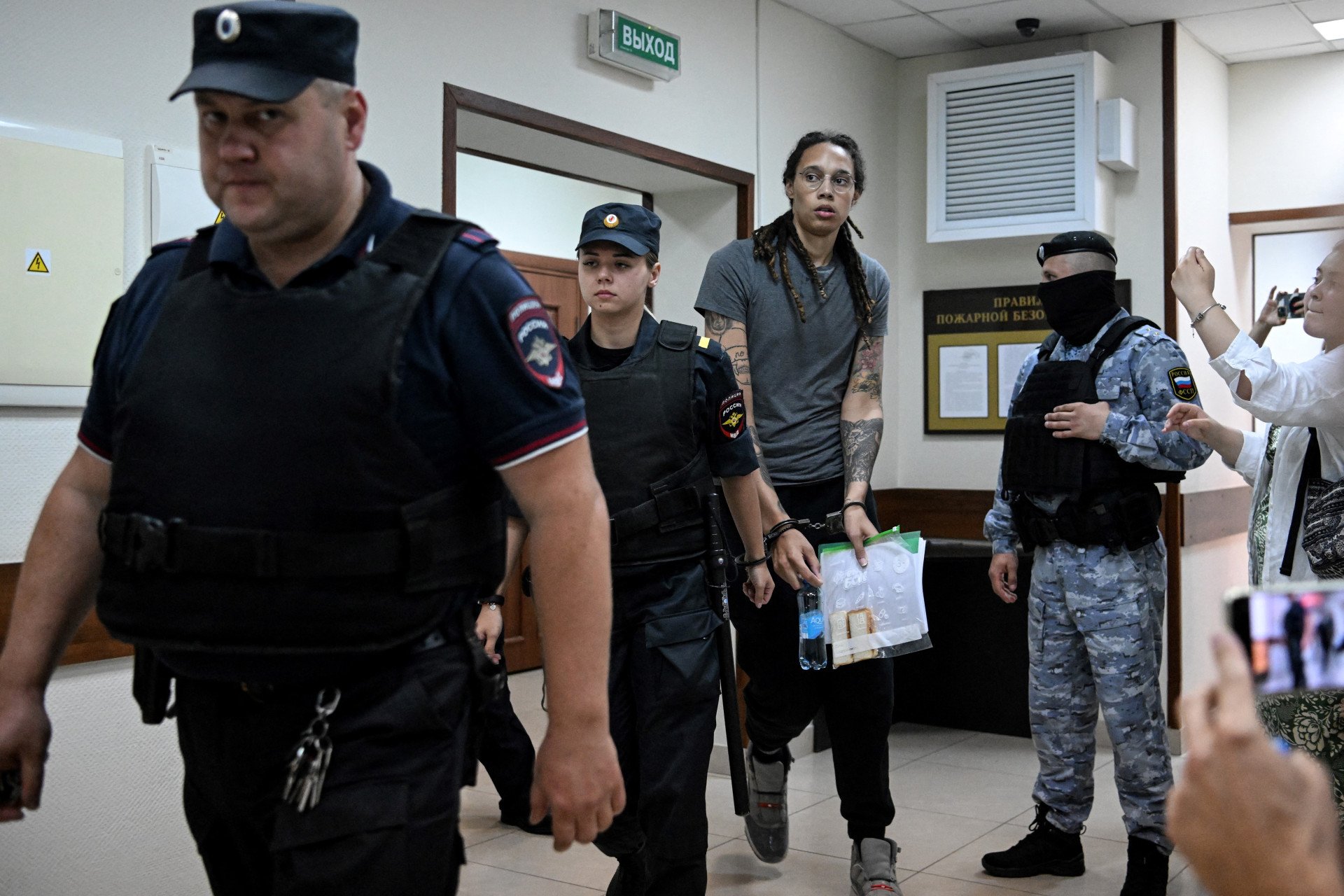

Bout’s business in Ukraine since release
Bout was released and returned to Moscow. Since his release Bout joined the Kremlin-loyal ultra-nationalist Liberal Democratic Party (LDPR).
“We are the party of patriots!” LDPR party leader Leonid Slutsky said. “I am sure that Viktor Bout—a strong-willed and courageous person—will take a worthy place in it. Welcome to our ranks!”
In 2018, Slutsky was accused by several journalists, including one from the BBC of sexual harassment, which he denied. Slutsky as Chairman of the State Duma’s Committee on International Affairs and as negotiator on Ukraine spouted many conspiracy theories about Ukraine and the U.S.
According to reports during Bout’s first interview on Russian soil, he praised Russian dictator Vladimir Putin, offering his backing for Moscow's illegal invasion of Ukraine. Saying that he would have volunteered to go to the front himself if he had the "opportunity and necessary skills."
Though keeping a relatively low profile, Bout was involved in many aspects of the illegal invasion of Ukraine. In December 2022, he opened an LDPR branch in the Russian-occupied Luhansk region, Ukraine.
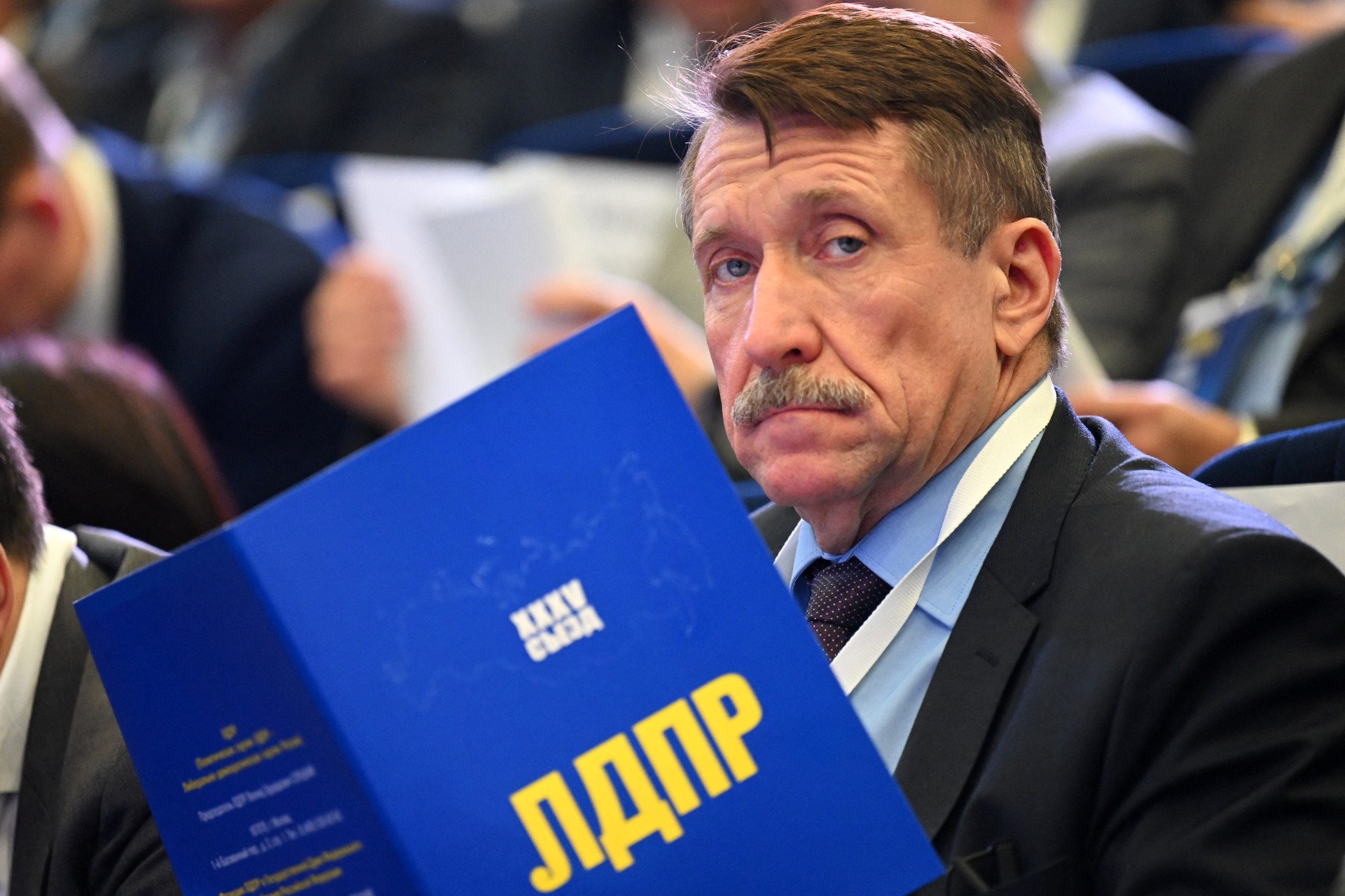
In his speech Bout said “All these eight long years, I have closely followed what is happening in the Donbas. And you know, your example played a lot for me, helped me, because you are all heroes. Your will, determination, and the fact that you not only survived but also won and returned to Russia—this is very important,” following with, “Thank you all very much. You inspired me, which allowed me to return to my homeland, like the entire Donbas, to Russia."
“Odessa is a RUSSIAN city”
— Conrad (WWIII⚡️Analyst) (@GnomeRad) December 4, 2023
-Viktor Bout to me pic.twitter.com/SVb0EFdJoe
Is Viktor Bout back in business?
Wall Street Journal (WSJ) reported, citing their sources as European officials and others, that Bout was trying to arrange the sale of small arms to Yemen’s Iran-backed Houthi armed group.
“When Houthi emissaries went to Moscow in August to negotiate the purchase of $10 million worth of automatic weapons, they encountered a familiar face: the mustachioed Bout,” WSJ said. “The Biden administration has been worried that Russia might provide the Houthis with such advanced weapons to retaliate for Washington’s support of Ukraine.”
Houthi representatives had traveled to Moscow under the cover of buying pesticides and vehicles, and visiting a Lada factory , said WSJ sources.
“The first two deliveries will be mostly AK-74s, an upgraded version of the AK-47 assault rifle, and they discussed potentially selling the ‘Kornet’ anti-tank missiles and anti-aircraft weapons,” the sources claimed.
Deliveries could start as early as October 2024 under the cover of food supplies, as Russia has already carried out several grain deliveries.
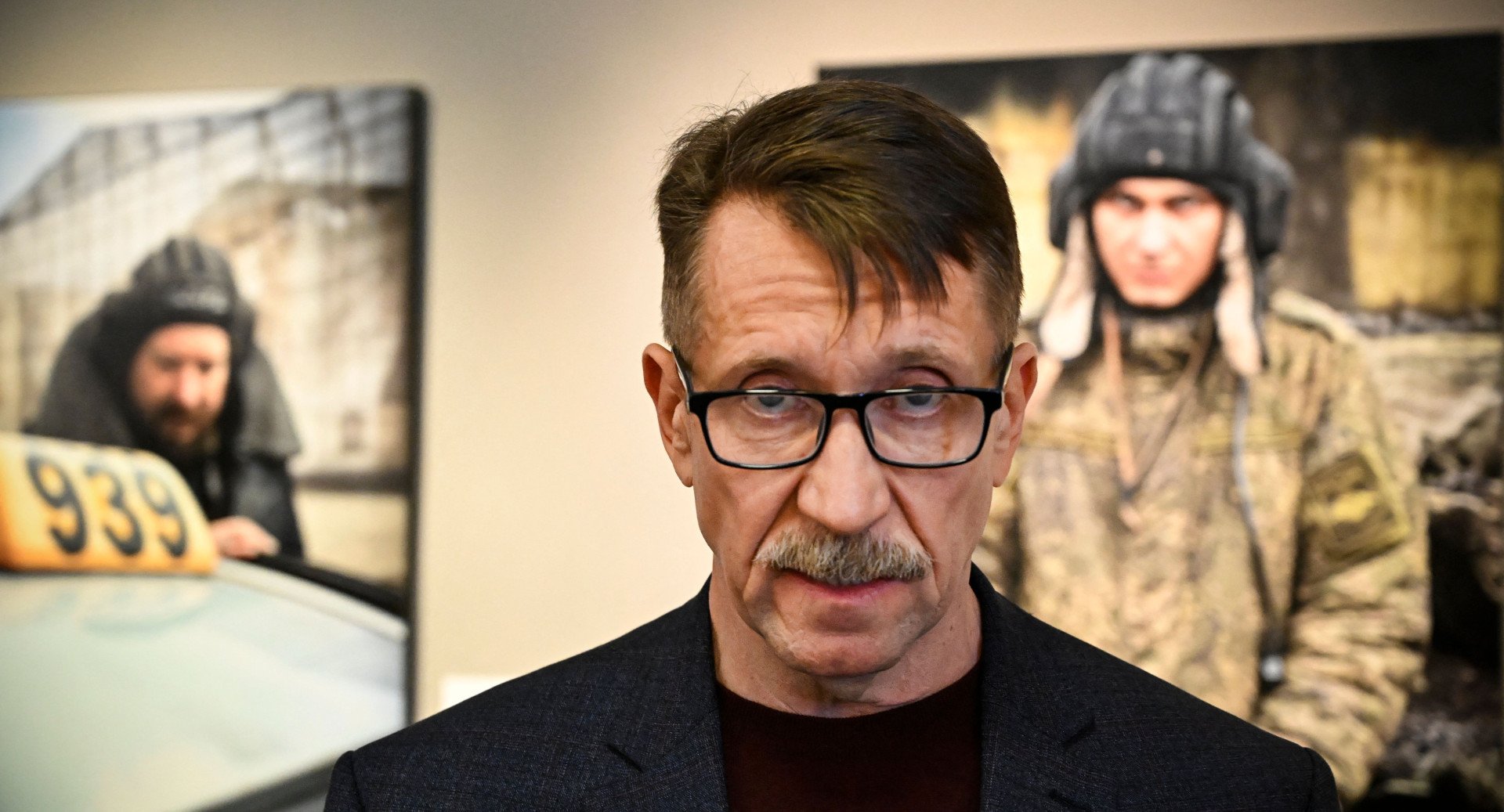
“We are inclined to categorize it as fake news or an information attack on our elected representatives,” Kremlin spokesman Dmitry Peskov said, according to Russian state media.
There is no evidence as to whether those weapons have been sent, or whether Bout is involved in such a deal. However, during Bout’s prison release, National-security adviser Jake Sullivan said that the U.S. “will remain constantly vigilant against any threat that Viktor Bout may pose to Americans, to the United States going forward. I would just point out that there is no shortage of arms traffickers and mercenaries in Russia.”
With conflicts and wars taking place worldwide, especially Russia’s invasion of Ukraine, the world may want to pay careful attention to the movements of the prolific Viktor Bout.
-46f6afa2f66d31ff3df8ea1a8f5524ec.jpg)
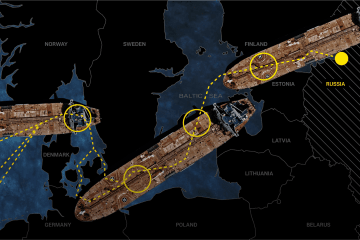
-206008aed5f329e86c52788e3e423f23.jpg)
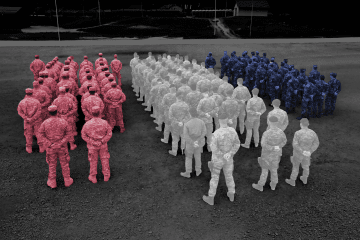
-605be766de04ba3d21b67fb76a76786a.jpg)
-27ef304a0bfb28cb4215e5deede4a665.png)
